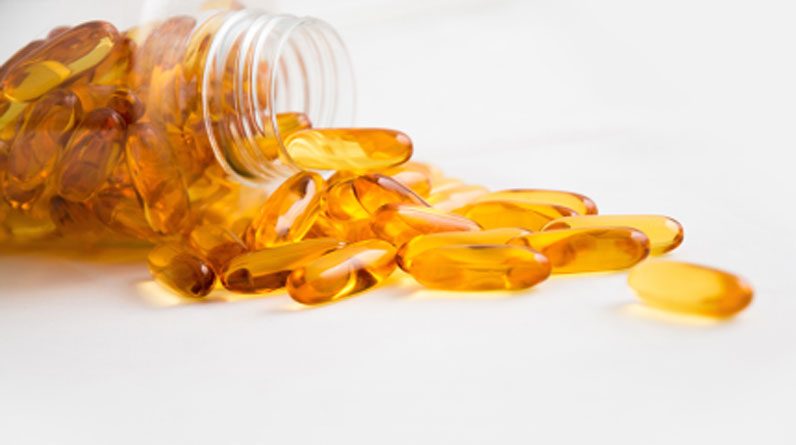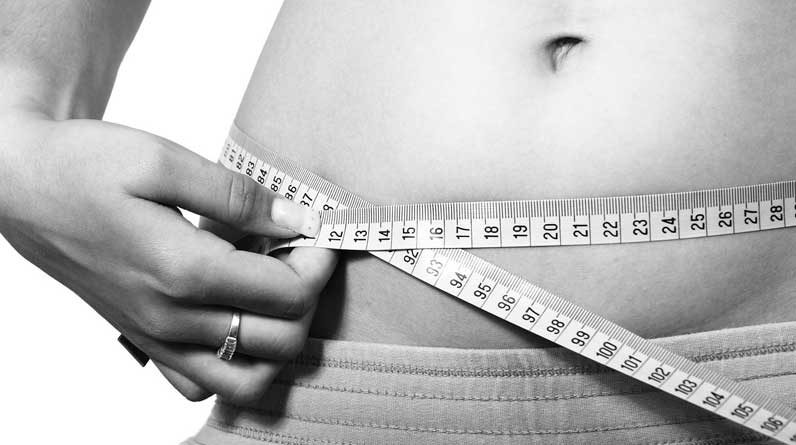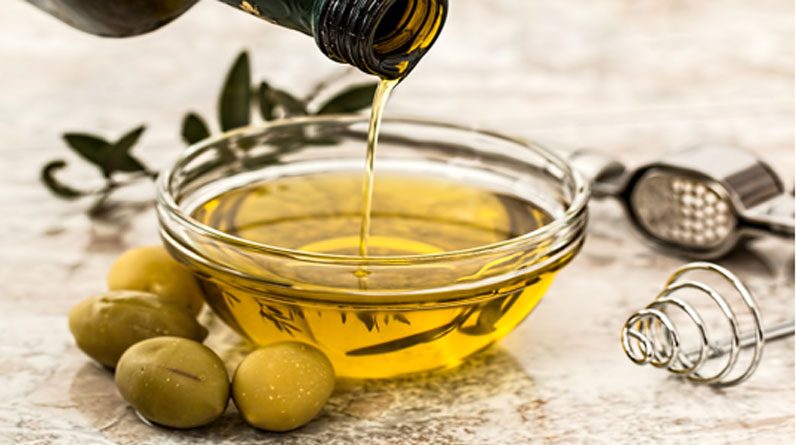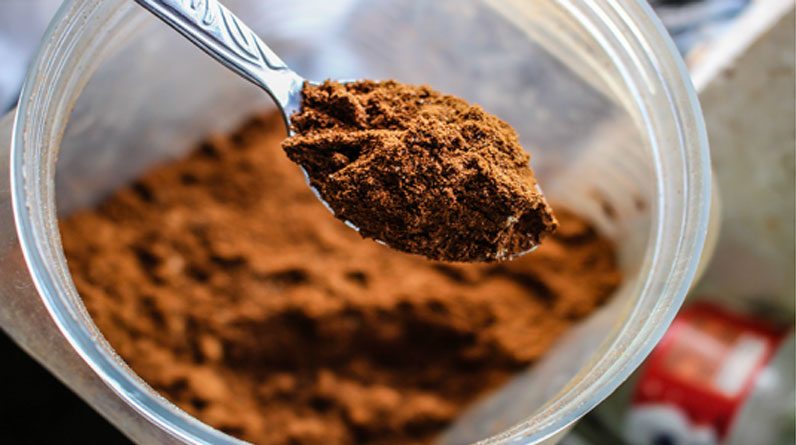
Using supplements while on the ketogenic diet can make your progression from start to ketosis a breeze as well as provide you the nutrients you’re missing from traditional foods.
For the ketogenic diet to work, you need to understand supplements. Your body is going through a change where it breaks down carbs in glucose to burning fat from your fat stores.
Supplements also help you overcome:
- Keto-flu
The transition can be hard and keto-flu is common for people who don’t use vitamins or minerals. As your body burns the remainder of glucose in your body, water is lost and with-it important electrolytes.
- Nutritional gaps
You are restricted to certain foods when on the keto diet such as fruit and vegetables that contain starch. Supplements such as greens tablets will give you the nutrients you need, as your body gets used to only eating red meat and eggs.
- Health goals
Have you set yourself certain health goals while on the keto diet? Supplements can help. If you want more weight loss, take a spoonful of MCT oil.
Understanding what each supplement can do for you
will help you achieve your goals.
The Best Supplements
Not all supplements are made equal. There are some which are perfect for keto and some which you need avoid.
- Vitamin D
When you are in ketosis and lack vitamin D you can suffer weakness, muscle breakdown, weak bone density.
If you live a sunny place, then exposure to sun will give you all the vitamin D you need. The safer option would be to eat fatty fish or 400 IU tablets per day.
- MCT oil
It is a type of fat that can give the body energy almost immediately. It creates ketones quickly and puts you in ketosis very quickly.
It helps by keeping you in the metabolic state of burning fat without you worrying if you are going to fall out of ketosis.
You can find MCT oil in butter, yoghurt, cheese, coconut oil but the majority of people use MCT oil and have it with their coffee as we mentioned in earlier chapters.
- Electrolytes
The important ones such as sodium, magnesium, calcium and potassium. Now you are going to get all these from the keto diet but just not enough.
Sodium you get from Himalayan salt, bone broth and red meat. Be careful with how much you do take. ¾ of a teaspoon is safe enough.
Magnesium can be found in spinach, avocado and mackerel. You can also buy magnesium tablets from your local store and around 400mg per day is adequate.
Potassium helps break down carbs and build proteins. It can be found in avocados, salmon, and mushrooms.
Calcium makes sure your bones stay strong and reduces blood clotting. Calcium can be found in dairy products such as milk but that is something we want to avoid on the keto diet. You can purchase calcium tablets and the recommendation is around 1000mg per day.
- Omega-3 Fatty Acids (fish oil supplements)
This supplement is extremely powerful and should be used by everyone even if they’re not on a keto diet. Our diets these days are out of whack with too much omega-6 fatty acids being consumed and not enough omega-3s.
As a result, inflammation arises and many diseases start to creep in. Omega-3 fish oils help to lower your risk of heart disease and it is a fatty acid which is perfect for the keto diet. It can be found in salmon, sardines and anchovies.
- Digestive Enzymes
These are useful for helping you transition into the keto diet and it prevents nausea and diarrhea.
- Exogenous ketones
As previously mentioned, you can use these to get you into ketosis quickly and supply you with a quick boost of energy.
- Greens powder
This supplement provides a means for you to get your daily intake of vegetables. They contain extract from plants like spirulina, chlorella, kale and broccoli.
The ketogenic diet can provide everything you absolutely need to fill in your nutritional voids. However, we are human and can’t stay on track all time.
The supplements above will help you stay in ketosis without sacrificing the nutrients your body needs.







